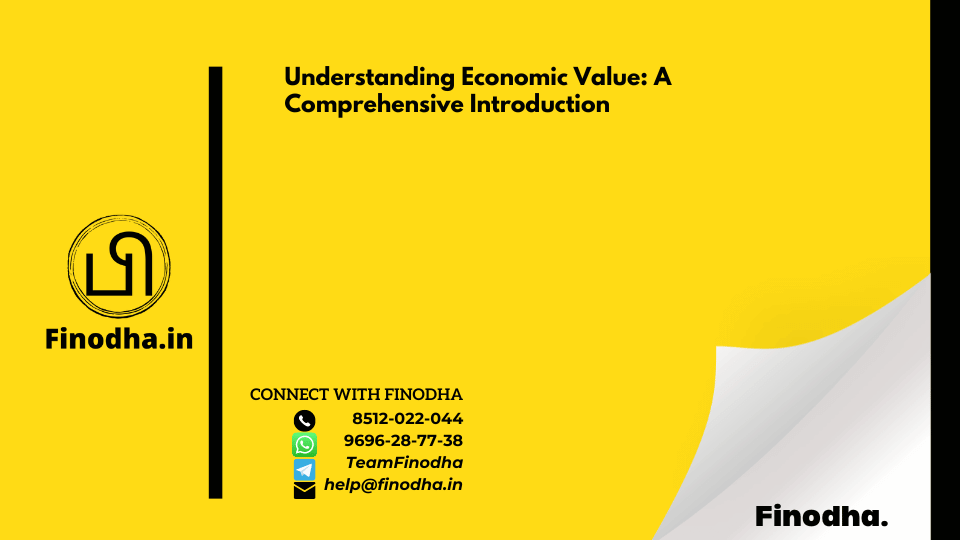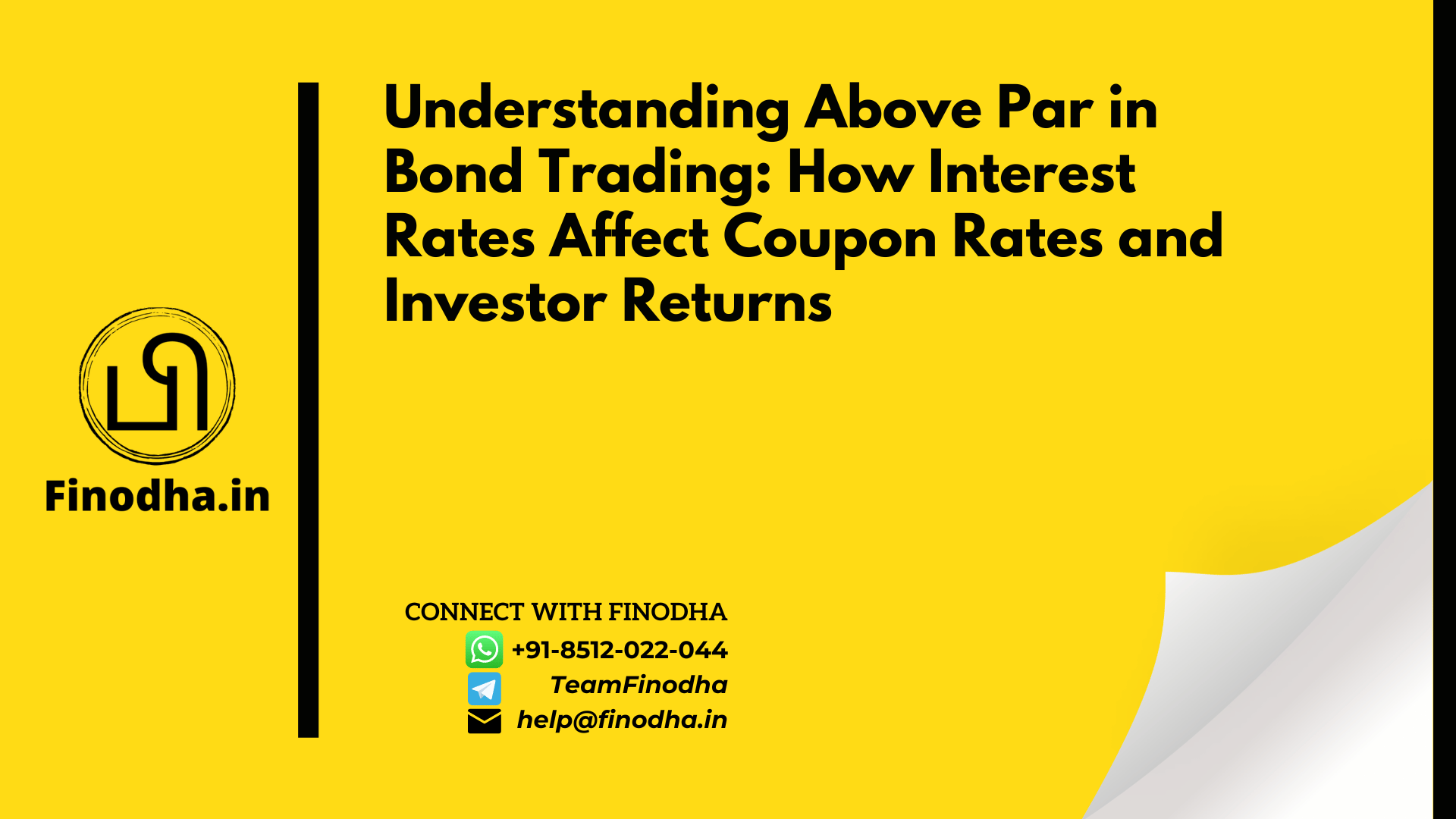Important Keyword: Willingness to pay, Market Dynamics, Resource Allocation, Economic Value.
Table of Contents

What is Economic Value?
Economic values is a fundamental concept in economics that pertains to the significance individuals assign to goods and services based on their preferences and decision-making processes. It is a measure of how much a person is willing to pay for a product or service, reflecting the perceived benefits that the item brings to their personal or societal context. This notion of value differs from other forms of value, such as ethical, cultural, or emotional values, which may not always align with market behavior.
At its core, economic value is influenced by scarcity and is often represented in monetary terms. When evaluating economic value, individuals consider various factors including utility, the satisfaction derived from consumption, and their opportunity cost—that is, the next best alternative that must be forfeited when a resource is allocated to a particular good or service. Therefore, economic value can be thought of as a reflection of individual priorities during resource allocation, guiding consumers in their quest to maximize their total satisfaction.
For instance, a luxury product and a basic necessity may have very different economic values for a consumer. The willingness to pay for the luxury item might be driven by status or preference for high quality, while for a basic necessity, the value is primarily linked to fulfilling essential needs. The distinction between these types of value underlines the complexity of human preferences and the diverse motivations behind consumer choices.
In summary, economic value encapsulates the subjective worth assigned to goods and services, shaped by personal preferences and the trade-offs individuals make in their resource allocation. Understanding economic value is crucial for businesses and policymakers, as it aids in market analysis and consumer behavior prediction, ultimately enhancing strategic decision-making in commerce and economics.
The Importance of Economic Values in Decision-Making
Economic value plays a crucial role in the decision-making processes of individuals and businesses alike. Understanding economic value provides a framework through which choices can be evaluated, particularly concerning resource allocation, investments, and consumption. When individuals or organizations make decisions, they often consider the trade-offs and benefits associated with various options. By recognizing the economic value inherent in each choice, they can make judicious decisions that optimize outcomes.
In resource allocation, understanding economic value enables decision-makers to assess the profitability and efficiency of different avenues. For instance, when a business considers investing in a new project, it evaluates potential economic value against costs. Accurate estimation of the economic value derived from various projects ensures that resources are allocated effectively, minimizing waste and maximizing returns.
Investments are another domain where economic value is paramount. Investors seek to understand the intrinsic economic value of assets before committing their capital. This understanding helps them identify opportunities that offer the best potential returns relative to their risks. By analyzing economic indicators and market trends, investors can forecast future value creation and make informed choices that align with their financial objectives.
Furthermore, in terms of consumption, consumers often weigh the economic value of goods and services against their costs. This evaluation influences purchasing decisions and shapes market demand. When consumers perceive high economic value, they are more inclined to purchase, contributing to overall economic activity. Conversely, understanding low economic value may lead consumers to forgo certain purchases, ultimately affecting supply and demand dynamics in the marketplace.
In conclusion, the understanding of economic value is fundamental to effective decision-making in various contexts. By clearly comprehending how economic value influences choices, individuals and businesses can optimize their resource allocation, investment strategies, and consumption behaviors, leading to more favorable outcomes in the economic landscape.
Economic Valuation Theory: Individual Preferences
Economic valuation theory is fundamentally rooted in the concept of individual preferences, which serve as the basis for understanding economic value. Economists assert that individuals are best positioned to evaluate their own wants and needs, leading to behavior that reflects their subjective valuations of goods and services. This perspective suggests that the worth of an item is not inherently determined by market price but is influenced by an individual’s unique circumstances, tastes, and experiences.
The significance of individual preferences in economic analysis can be illustrated through various examples. For instance, consider two individuals who approach the same product with different perspectives. One may prioritize convenience and accessibility, while the other values quality and durability. Consequently, each will derive distinct economic value from the product based on personal preferences. This subjectivity is essential for economists, as it informs their understanding of consumer behavior and market dynamics.
Moreover, the interplay between individual preferences and economic valuation extends beyond mere consumer choices. It also encompasses the decision-making processes in various contexts, such as public policy and resource allocation. Economists utilize frameworks such as revealed preferences and contingent valuation to ascertain how individuals assess non-market goods, like environmental quality or social services. These methodologies further affirm the concept that each person’s preferences significantly shape the broader economic landscape.
Ultimately, the understanding of economic value is deeply intertwined with individual preferences. By prioritizing personal evaluations, economists can obtain a holistic understanding of demand, utility, and welfare. This focus on individual assessments not only enriches economic analysis but also provides valuable insights into the mechanisms that govern market interactions at large. As we explore the intricacies of economic valuation theory, it is essential to recognize the fundamental role that individual preferences play in determining value in an ever-evolving economy.
Constraints on Economic Values: Income and Time
In the realm of economics, understanding how individuals express and perceive economic value is significantly shaped by various constraints, primarily income limitations and the availability of time. These factors are critical in influencing consumer behavior and the decision-making process regarding resource allocation.
Income plays a fundamental role in determining an individual’s purchasing power, which in turn affects the economic value assigned to goods and services. Higher disposable income generally allows consumers to access a broader range of products and services, thereby facilitating increased consumption. Conversely, individuals with limited income must navigate a landscape of choices, often making trade-offs that reflect both their immediate needs and long-term financial goals. This necessity to prioritize expenditures showcases the inherent tension between desires and financial reality. In this context, the concept of opportunity cost becomes significant, illustrating that every decision entails sacrifices of alternative options that could also hold value.
Time, another critical constraint, compounds the challenges faced by individuals in expressing economic value. The concept of time scarcity means that people often have to choose how to allocate their hours among various activities, including work, leisure, and consumption. When individuals perceive time as a limited resource, they frequently prioritize spending on activities that yield the highest satisfaction or return on investment. For instance, a person might decide to engage in an activity that maximizes personal enjoyment rather than pursuing a lower-value alternative. This behavior highlights the trade-offs inherent in time management, illustrating that not only financial resources but also temporal resources significantly influence economic choices.
Ultimately, the interplay between income and time reflects the complexities of economic values assessment. These constraints lead individuals to make decisions that align with their personal preferences and financial circumstances, shaping the broader economic landscape.
Measuring Economic Values: The Trade-Off Method
Measuring economic values involves understanding how individuals make choices based on the trade-offs they encounter. This method considers the principle that resources are scarce and that acquiring one good often requires giving up another. Essentially, the economic value of an item can be assessed through the utility that consumers derive from it, weighed against the alternatives they relinquish. A commonly used illustration of this concept is the example of a loaf of bread.
When a consumer decides to purchase a loaf of bread, they are essentially making a trade-off with their financial resources. The price of the loaf represents not only the monetary cost but also the other goods or services that the consumer could acquire with that amount. For example, if a loaf of bread costs $2, the economic value to the consumer is influenced by what they are willing to forgo – perhaps a coffee, a magazine, or even a small snack. The consumer evaluates their options based on personal preferences, needs, and prevailing market conditions.
The trade-off method highlights the subjective nature of economic value; it varies not only between individuals based on their circumstances but also reflects the cost-benefit analysis intrinsic to each purchasing decision. For instance, if the consumer values a loaf of bread highly due to personal dietary needs or preferences, they may place a higher economic value on it compared to someone with a lesser need for bread. This personal valuation drives their willingness to engage in trade-offs, thus indicating the loaf’s economic value in their specific context.
By examining such trade-offs, economists can gain deeper insights into consumer behavior and market dynamics. Understanding these choices helps to elucidate broader economic principles, illustrating that economic values is not a fixed attribute but rather a fluid concept influenced by individual preferences and circumstances.
Willingness to Pay: The Universal Measure of Economic Values
Willingness to pay (WTP) is a fundamental concept in economics that gauges the maximum price an individual is ready to pay for a specific product or service. It serves as a crucial indicator of economic value, reflecting not only personal preferences but also the perceived benefits derived from a good or service. This concept underscores the trade-offs that individuals make when allocating their scarce resources. In market economies, WTP acts as a universal measure of value, as the currency—often expressed in dollars—allows for a standardized representation of worth that can be compared across various goods and services.
Understanding WTP is vital for businesses and policymakers alike. For businesses, it provides insights into consumer behavior, enabling them to optimize pricing strategies and enhance product offerings by aligning them with consumer expectations. When companies ascertain their customers’ WTP, they can refine their value propositions, ensuring that the benefits offered resonate well with their target audience. This alignment often results in increased consumer satisfaction and, ultimately, enhanced sales performance.
From a broader economic perspective, WTP helps gauge the overall welfare impacts of pricing decisions and market changes. It is instrumental in assessing the trade-offs that consumers face; as prices fluctuate, individuals reevaluate their purchasing decisions based on their perceived value of the alternatives. For instance, if the price of a preferred brand of coffee increases, a consumer may either reduce consumption or switch to a less expensive option, thereby illustrating the responsive nature of WTP to market dynamics.
In summary, willingness to pay is an essential measure of economic value that reflects consumer preferences and market conditions. It captures the essence of value exchange in modern economies, emphasizing the significance of understanding trade-offs in shaping purchasing behaviors.
Comparative Economic Values: Goods and Services
The concept of comparative economic value is crucial in understanding how individuals make choices among various goods and services. Whenever consumers encounter numerous options, they often assess these alternatives based on their preferences and anticipated utility. This evaluation largely depends on the perceived benefits that each good or service offers relative to its cost. As one delves into this assessment process, several key factors emerge that influence these value judgments.
Firstly, the characteristics of the goods and services play a pivotal role. Consumers tend to evaluate products not only by their prices but also by attributes such as quality, functionality, and brand reputation. For example, a consumer may choose a higher-priced electronic device over a more affordable option due to its superior features or reliable brand image, reflecting the notion that the economic value of a product is not solely determined by its price tag.
Moreover, the consumer’s personal preferences significantly impact their decisions. Each individual has unique tastes and needs, leading to varying evaluations of the same goods and services. For instance, health-conscious consumers may prioritize organic products over conventional ones, even if the latter are less expensive, as their comparative economic value is perceived through the lens of health and well-being.
Another important aspect of comparative economic value is trade-offs. In making purchasing decisions, consumers often consider the opportunity cost associated with their choices. Selecting one good may require forgoing another, thereby influencing their assessment of value. The understanding of these trade-offs illuminates how individuals navigate their preferences amidst constraints, ultimately reflecting their perceptions of economic value in everyday transactions.
Economic Value and Market Dynamics
Economic value plays a pivotal role in shaping market dynamics, serving as a crucial determinant of how resources are allocated within an economy. At its core, economic value reflects the worth that consumers assign to goods and services based on their preferences and needs. These consumer preferences directly influence market prices, which act as signals to both buyers and sellers in the marketplace.
When consumers perceive a product as having high economic value, their willingness to pay increases, driving up the market price. Conversely, if a product is seen as having little value, demand diminishes, leading to a decrease in its market price. This interplay between consumer preferences and market prices is essential for the efficient distribution of resources, as businesses respond to price signals by adjusting production levels. For instance, a surge in demand for a particular technology may prompt firms to invest more in research and development, thus allocating resources towards innovation and production enhancement.
Additionally, the concept of economic value intersects with market dynamics on a broader scale through competition. When firms compete for consumer attention, they must not only provide products that meet consumer expectations but also deliver them at competitive prices. This scenario encourages businesses to innovate and improve efficiency, ultimately benefiting consumers with better quality goods and services. Furthermore, market dynamics are influenced by external factors, such as regulations and economic conditions, which can alter consumer preferences and the corresponding economic value assigned to various products.
In conclusion, the relationship between economic value, consumer preferences, and market prices is fundamental to understanding how resources are allocated in an economy. By examining these elements, we gain insight into the mechanics that drive market dynamics and influence overall economic health.
Conclusion: The Role of Economic Value in Economics
Throughout this comprehensive exploration of economic value, it has become abundantly clear that this concept plays a fundamental role in the field of economics. Economic value encompasses the worth of goods and services in terms of their contribution to utility and satisfaction, influencing both individual decision-making and broader market dynamics. Understanding economic value enables individuals and organizations to make well-informed choices, optimizing resource allocation and enhancing prosperity.
Key points highlighted in this discussion include the distinction between subjective and objective valuations, illustrating how perceptions of value can vary significantly from one person to another while remaining anchored to the principles of utility. The application of various economic principles—theories of supply and demand, opportunity cost, and externalities—further emphasizes the integral role economic value has within economic theory. By employing these principles, stakeholders can make rational choices that align with their aspirations and limitations, thus navigating the complex tapestry of modern economies.
In both personal and professional contexts, acknowledging economic values is essential for sound decision-making. For instance, businesses must consider the economic value of their products to price them effectively and maximize their marketability. Similarly, individuals can apply these principles when evaluating expenditures, investments, and resources, leading to outcomes that enhance overall welfare. As we reflect on the intricate connections between economic value and economic behavior, it becomes increasingly evident that a thorough understanding of these concepts is vital for effective participation in today’s economy.
In conclusion, economic value serves not just as a theoretical construct but as a practical guide, influencing our everyday lives and the decisions we make. By appreciating and integrating the concept of economic value into our frameworks, we can enhance our economic literacy and contribute to a more efficient, equitable socioeconomic landscape.
Download Pdf: https://taxinformation.cbic.gov.in/



0 Comments